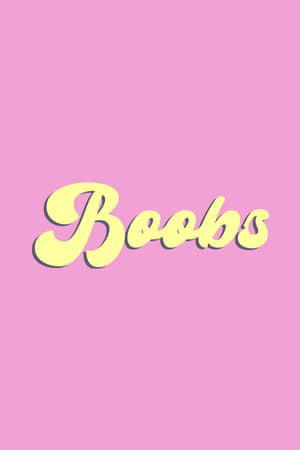

Who Will Watch the Watchman? Dalibor, or the Key to Uncle Tom's Cabin(2003)
In the fourth and final instalment of Karel Vachek’s not-so-little Little Capitalist Tetralogy, preparations for an opera performance in the Czech capital’s art-nouveau National Theatre become the occasion for a reflection on rebels, dissidents, and others subversives who stand in battle, heroically and sometimes tragically, against majority opinion, established rules, or powerful institutions. "As the camera wanders over, around and through Prague’s lavish National Theatre, director J.A. Pitínský coaches singers through a rehearsal of Bedřich Smetana’s tragic opera Dalibor. Intercut with the tale of the 15th-century knight who, imprisoned, refused to name names, Vachek interviews, on the plush red seats of the empty theatre, a whole series of latter-day rebels.

Movie: Who Will Watch the Watchman? Dalibor, or the Key to Uncle Tom's Cabin

Kdo bude hlídat hlídače? Dalibor aneb Klíč k Chaloupce strýčka Toma
HomePage
Overview
In the fourth and final instalment of Karel Vachek’s not-so-little Little Capitalist Tetralogy, preparations for an opera performance in the Czech capital’s art-nouveau National Theatre become the occasion for a reflection on rebels, dissidents, and others subversives who stand in battle, heroically and sometimes tragically, against majority opinion, established rules, or powerful institutions. "As the camera wanders over, around and through Prague’s lavish National Theatre, director J.A. Pitínský coaches singers through a rehearsal of Bedřich Smetana’s tragic opera Dalibor. Intercut with the tale of the 15th-century knight who, imprisoned, refused to name names, Vachek interviews, on the plush red seats of the empty theatre, a whole series of latter-day rebels.
Release Date
2003-06-05
Average
0
Rating:
0.0 startsTagline
Genres
Languages:
ČeskýKeywords
Similar Movies
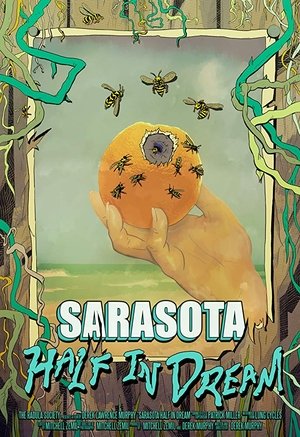 0.0
0.0Sarasota Half in Dream(en)
An experimental documentary about dead turtles, crab swarms, decaying tennis courts, and microscopic histories. The filmmakers shot their explorations into the abandoned golf courses, factories, and resorts of Sarasota, Florida and spoke to local youths who are using them for new and strange purposes. What would the Surrealists and Situationists think of a suburban, subtropical tourist town? What goes on in a storage unit in the dead of night? What is the afterlife of a decommissioned train car? What ghosts haunt a ruined hotel? What is the life cycle of a city? When will waters wash it all away?
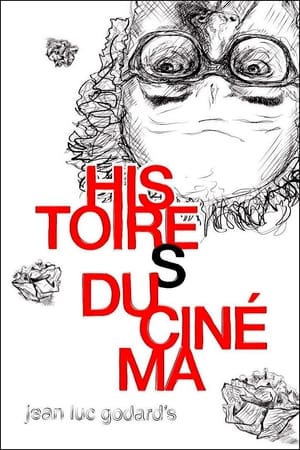 6.2
6.2Histoire(s) du Cinéma 1a: All the (Hi)stories(fr)
A very personal look at the history of cinema directed, written and edited by Jean-Luc Godard in his Swiss residence in Rolle for ten years (1988-98); a monumental collage, constructed from film fragments, texts and quotations, photos and paintings, music and sound, and diverse readings; a critical, beautiful and melancholic vision of cinematographic art.
 6.5
6.5Histoire(s) du Cinéma 2a: Only Cinema(fr)
A very personal look at the history of cinema directed, written and edited by Jean-Luc Godard in his Swiss residence in Rolle for ten years (1988-98); a monumental collage, constructed from film fragments, texts and quotations, photos and paintings, music and sound, and diverse readings; a critical, beautiful and melancholic vision of cinematographic art.
 6.5
6.5Histoire(s) du Cinéma 2b: Deadly Beauty(fr)
A very personal look at the history of cinema directed, written and edited by Jean-Luc Godard in his Swiss residence in Rolle for ten years (1988-98); a monumental collage, constructed from film fragments, texts and quotations, photos and paintings, music and sound, and diverse readings; a critical, beautiful and melancholic vision of cinematographic art.
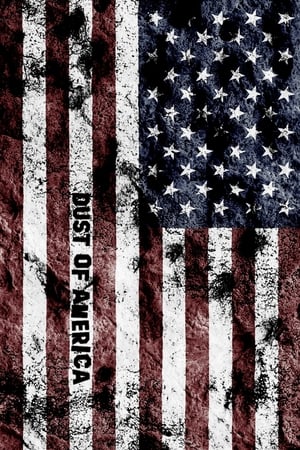 8.0
8.0Dust of America(fr)
A dream walk through the United States of America; a meditation on the thoughts and ideals of its inhabitants, as they are exposed in their silent but eloquent home movies.
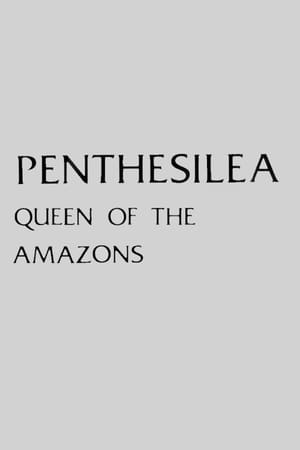 6.5
6.5Penthesilea: Queen of the Amazons(en)
Penthesilea, the first of six films made by Laura Mulvey and Peter Wollen, traverses thousands of years to look at the image of the Amazonian woman in myth. It asks, among other questions, is the Amazonian woman a rare strong female image or is she a figure derived from male phantasy? The film explores the complexities of such questions, but does not seek any concrete answers.
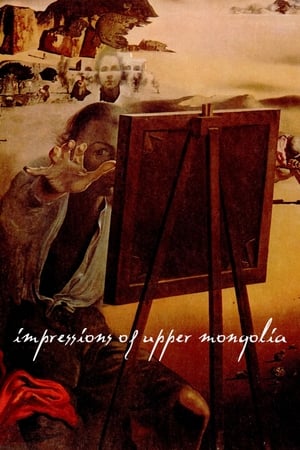 6.2
6.2Impressions of Upper Mongolia(fr)
The genius Spanish painter Salvador Dalí undertakes an amazing journey through the unknown mental territories of Upper Mongolia in search of a giant hallucinogenic mushroom while paying an experimental tribute to the French poet Raymond Roussel (1877-1933), a visionary and eccentric writer, precursor of the surrealists and much admired by them.
 0.0
0.0Exergo(eu)
Departing from peripheral details of some paintings of the Bilbao Fine Arts Museum, a female narrator unravels several stories related to the economic, social and psychological conditions of past and current artists.
 6.5
6.5Histoire(s) du Cinéma 1b: A Single (Hi)story(fr)
A very personal look at the history of cinema directed, written and edited by Jean-Luc Godard in his Swiss residence in Rolle for ten years (1988-98); a monumental collage, constructed from film fragments, texts and quotations, photos and paintings, music and sound, and diverse readings; a critical, beautiful and melancholic vision of cinematographic art.
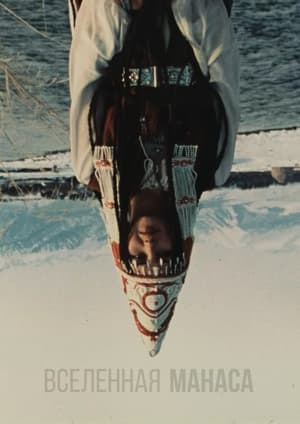 0.0
0.0The Universe of the Manas(ru)
It has been a lifelong dream of Kyrgyz director Melis Ubukeyev to create an elaborate film version of the Kyrgyz national epic 'Manas'. He spent years working with the National Academy of Sciences of Kyrgyzstan to gather material for this film project, which would ultimately remain a dream. However, the director's efforts were not in vain: Not only did he make films in 1962 and 1988 about Manasçı – the revered oral storytellers who have preserved the epic for generations through melodic recitation –, but in 1995, to mark the 1,000th anniversary of 'Manas', he also created a beguiling essay film that not only recounts the epic’s sweeping narrative through a mix of breathtaking imagery and opulent costumes, but also weaves it into a semi-documentary exploration of Kyrgyz history and identity. Once almost impossible to find, the film has recently been restored by the film studio Kyrgyzfilm and uploaded to YouTube in 4K.
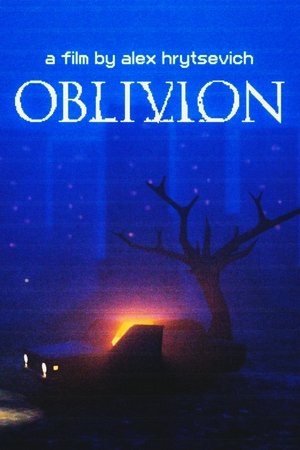 0.0
0.0Oblivion(ru)
A lone passenger is reflected in the windows of a train crawling through layers of textures towards Minsk. During his absence, the city has not changed: all the streets are frozen, long-gone voices can be heard in the empty rooms and around the corner you can find yourself in a video game from your childhood.
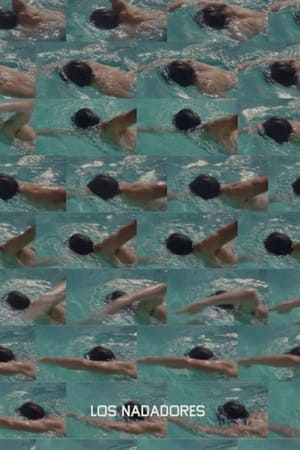 0.0
0.0The Swimmers(es)
History, work, sex, cinema, death and my older brother. An essay on what swimming pools mean in culture and the collective memories we have about them. Inspired by Ed Ruscha's swimming pool photographs.
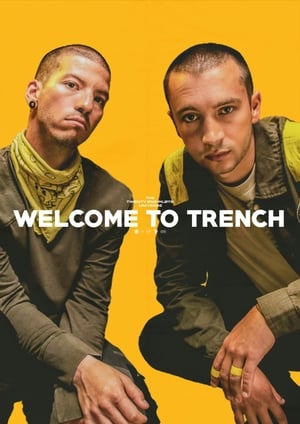 10.0
10.0The Twenty One Pilots Universe: Welcome to Trench(en)
A documentary series finale analysing the entirety of Twenty One Pilots' new full-length studio album "Trench". Jimmy not only uncovers the stories of internal pain and fear that Tyler Joseph tells through the songs on the album. But, he also learns to overcome his own personal fears.
 0.0
0.0Genoveva(es)
A photograph of an unknown Mapuche great-grandmother is the starting point of this documentary essay. Through the analysis of said picture, conversations with family members, a trip to southern Chile cities, and an actress who re-enacts the photo, we see the existing prejudice against indigenous people.
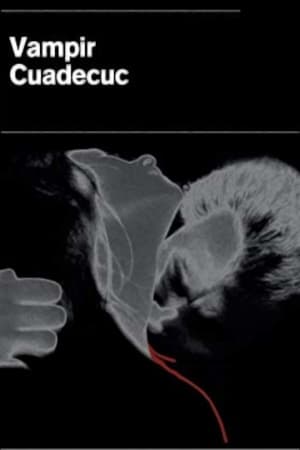 6.0
6.0Vampir Cuadecuc(en)
An atmospheric essay, which is an alternative version of Count Dracula, a film directed by Jess Franco in 1970; a ghostly narration between fiction and reality.
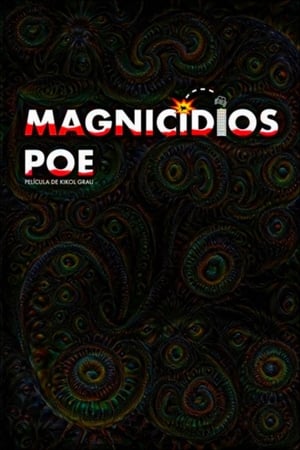 2.0
2.0Magnicidios Poe(es)
The sarcastic account of the assassination of five Spanish politicians between 1870 and 1973 is mixed with the narration of five short stories by Edgar Allan Poe illustrated by five skillful pencil artists. A documentary, a video essay, a collage, a provocative experiment where various pop culture figures and icons perform unexpected cameos. The macabre joke of a jester. Never more.
Darkness(de)
Louis-Ferdinand Céline described the period he spent in Sigmaringen in his delirious and infernal novel, Castle to Castle, published in 1957. The last months before the German “moment of truth”, as they’ve never been portrayed before: Documented in delirious reality. A documentary film based on Céline’s texts. A screen adaption with documentary material.
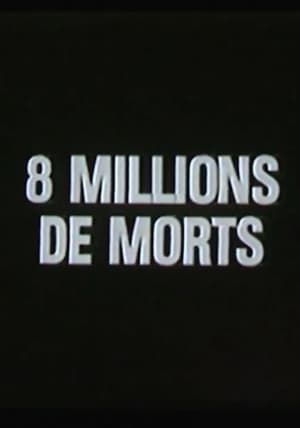 0.0
0.0When the Century Took Shape (War and Revolution)(fr)
In 1978, just after Le fond de l'Air Est Rouge, which mercilessly analyzed the previous ten years of the revolutionary left's momentum until its collapse, Chris Marker made this complementary piece entitled Quand le Siècle a Pris Forme (Guerre et Révolution).
